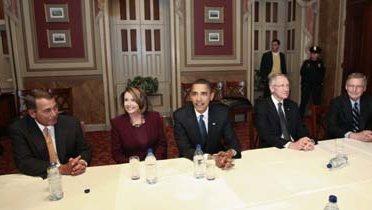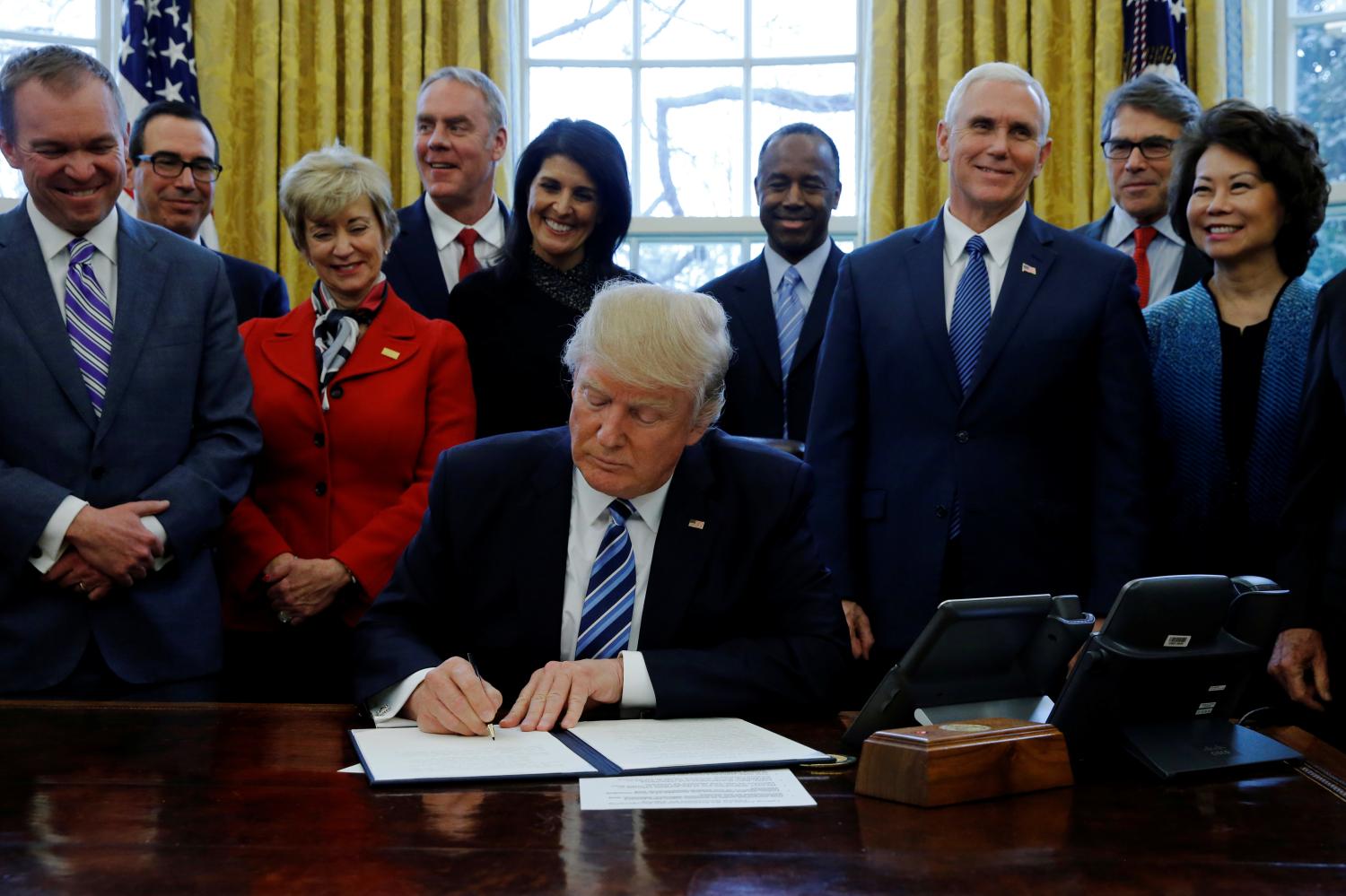Executive Summary
Our governing processes are broken. In a recent CNN/Opinion Research survey, 86 percent of Americans said they believe the federal government is broken and only 14 percent felt that it worked. We have a weak capacity for leadership, high political polarization, massive citizen cynicism, superficial media coverage, and limited understanding of difficult policy issues. This “perfect storm” of failures makes it nearly impossible to address either short- or long-term problems facing the United States.
In the last year, governing challenges have complicated our ability to address a variety of issues such as the economy, health care, climate change, and financial regulation. And these governance difficulties are not unique to the Obama Administration. Examples of governability challenges were common during the presidencies of George W. Bush (social security, tax reform, and immigration) and William J. Clinton (health care, the environment, and trade negotiating authority).
With numerous examples over an extended period of broken politics leading to broken policies, we need to think about ways to reform our political system in ways that enhance our capacity for innovation, leadership, coalition-building, problem-solving, and implementation. We have to understand that failed governance is a problem for people of all political persuasions. While certain elements achieve short-term advantage from gridlock, stalemate, and hyper-partisanship, the system as a whole suffers and Americans grow more cynical. We must get serious about improving institutional performance, administrative infrastructure, and governance processes if we wish to address our policy problems.
The Brookings Institution is committed to quality, independence, and impact.
We are supported by a diverse array of funders. In line with our values and policies, each Brookings publication represents the sole views of its author(s).





